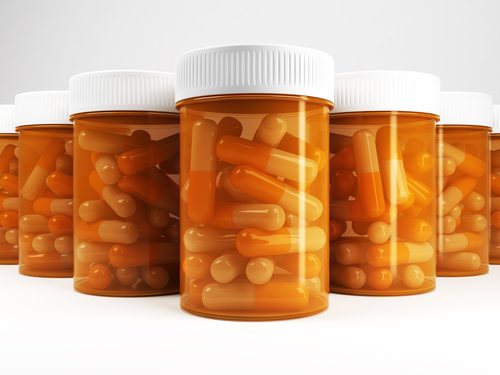Stimulants may be legal (prescription) or illegal substances which kick in a person’s central nervous system and boost cognitive function. An individual may snort, inject or orally ingest stimulants. A stimulant drug has highly addictive properties which requires some amount of support and treatment to define the problem and find a solution.
Stimulants
Cocaine, crack cocaine and crystal meth may produce effects similar to prescription stimulants. Prescription stimulants are intended to be time-release drugs and treat ADHD and narcolepsy while illicit substances will induce a shorter and more intense high. Some examples of prescription stimulants include:
- Adderall
- Ritalin
- Steroids
- Antidepressants
Stimulant Use
Meth has become a more popular drug in recent years, particularly in the state of Nevada. Stimulants create a flood of dopamine in the brain which causes euphoria, high energy, decreased appetite and a state of alertness and wakefulness. It is possible to become addicted to meth with just a few uses due to the highly addictive properties and the symptoms it creates. Long term, continued use of the drugs may result in severe damage to a person’s brain and overall health.
Treatment
Attempting to quit stimulants by oneself is not recommended. Seeking treatment may not be an easy decision but it is one that begins with deciding it is not possible to function or live without using stimulants and deciding it is time to live free of the clutches of addiction. The following are some treatment options for individuals with stimulant addiction:
Detox
An uncomfortable experience, detox occurs shortly after drugs have left the system and toxins remain. Symptoms may include irritability, insomnia, nausea and depression. Detox may last for several days with lengthy periods of sleep. Detox is a time of vulnerability as a person will crave a desire to get high. Detox is recommended under the supervision of a medical professional at an inpatient rehab facility.
Tapering
No medications are available to treat addiction to stimulants. However, people can be prescribed antidepressants to curb depression and pain-relievers to help withdrawal symptoms. People in treatment are recommended to gradually taper the drug dose to manage withdrawal more effectively.
Behavioral
Several behavioral therapies exist which support a person through detox. Psychotherapeutic intervention is led by a mental health counselor to explore behaviors and feelings which lead to stimulant abuse. Psychotherapy addresses external triggers and internal triggers (thoughts and feelings) which led to addiction.
Cognitive behavioral therapy is popular and widely used in rehab settings. Drug use is discussed openly along with thoughts and behaviors. Triggers which led a person to use can be identified then a plan made to avoid triggers and replace the need to abuse drugs. Support groups can be a practical, useful tool in rehab and recovery. Churches, rehab centers, hospitals and other places host support groups and 12-step programs to allow a person to discuss challenges of overcoming stimulant use while feeling encouraged on the journey to recovery.
If you want more information on stimulant addiction, call The Villa. We will give you information and resources to help you find the best pathway to recovery.

